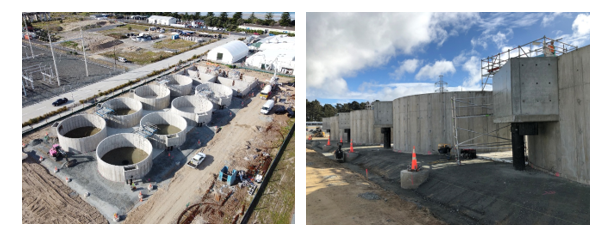YELLOWTAIL KINGFISH Seriola lalandi IN RAS TO MARKET – ARE WE MAD? THE NEW ZEALAND EXPERIENCE
Recirculating aquaculture systems (RAS) have been used as a false flag to frustrate aquaculture developments – notably in Canada. Ingenuine actors without meaningful investment in aquaculture have insisted that RAS is a commercially viable system for whole of life production of Atlantic salmon. The contention that Atlantic salmon in RAS could be commercially competitive with conventional marine farming systems has not been proven. Marine based farmed salmon supply chains enjoy technical maturity and scale which culminates in exceptional efficiency.
Production of species such as Yellowtail kingfish have not achieved the scale or maturity which has been realised for Atlantic salmon. It is our view that the least-risk opportunity for RAS production rests with emerging species as the commercial entrants are not confronted with the possibility of stranding their existing conventional marine farming assets.
With our development partner, Northland Regional Council, we are completing construction of a RAS system designed to produce an estimated 600 tonnes p.a. of market sized Yellowtail kingfish. In the coming year, we will test our hypothesis that Yellowtail kingfish farming in RAS is a viable
and preferred commercial proposition for New Zealand.
The key biological and technological findings from our existing RAS units which have informed our design will be presented. We will also review the economic, environmental, and social drivers which have influenced our investment decision. The challenges of realisation of a significant capital project in the face of supply chain disruptions will also be explored.
